A 2023 survey by the National Association of Productivity and Organizing Professionals revealed that over 54% of Americans feel overwhelmed by household clutter. Much of this clutter comes from items that are expired, worn out, or no longer useful but still occupy valuable space. Professional organizers consistently identify common categories of household items that create the biggest mess in homes. By understanding the typical lifespan and utility of these objects, you can make practical decluttering decisions backed by proven strategies.
Old Magazines and Newspapers Piling Up

Stacks of old magazines and newspapers are one of the first things professional organizers recommend discarding. Research shows that paper clutter is a top source of household stress, and old reading materials are rarely revisited. Unless they contain critical documents or unique collectible value, these piles simply attract dust and pests. A simple solution is recycling them or digitizing articles you want to save, which helps free up valuable storage space.
Outdated Kitchen Appliances and Gadgets
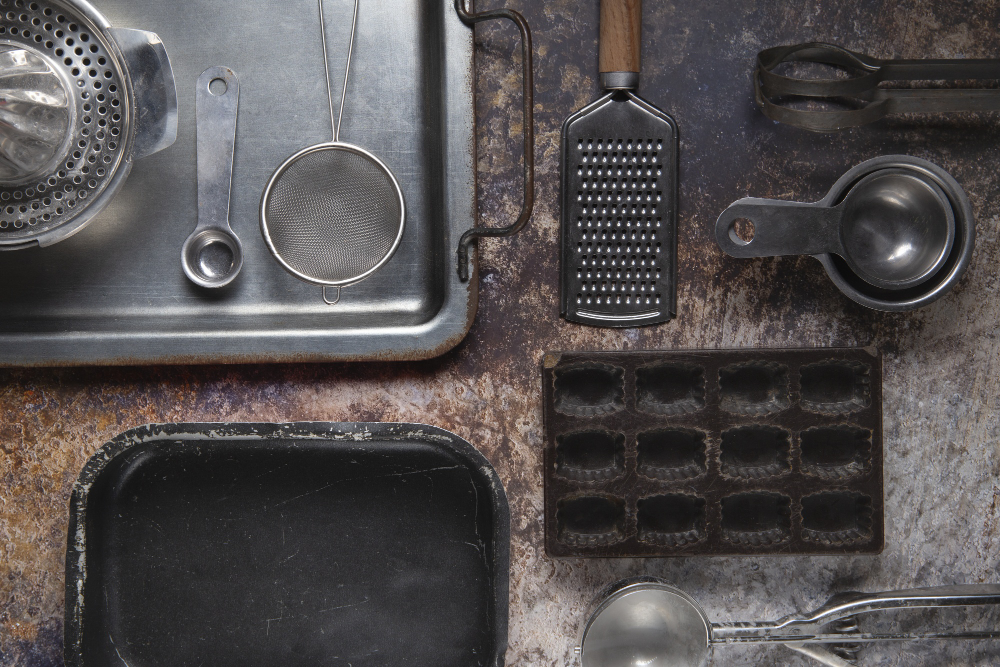
According to the U.S. Environmental Protection Agency, millions of small kitchen appliances end up in landfills each year, many of which are no longer functional or rarely used. Professional organizers advise letting go of single-use gadgets that serve little purpose or appliances that haven’t been touched in years. Not only do outdated gadgets take up counter and cabinet space, but they also contribute to unnecessary clutter that makes kitchens less efficient.
Expired Medicines and Supplements

The U.S. Food and Drug Administration (FDA) warns that expired medications may lose potency or pose health risks. Professional organizers recommend checking medicine cabinets at least twice a year and safely discarding expired pills and supplements. Many local pharmacies and law enforcement agencies host “take-back” programs to ensure safe disposal. Keeping only up-to-date medicines ensures better safety and avoids confusion during emergencies.
Clothes You Haven’t Worn in Over a Year
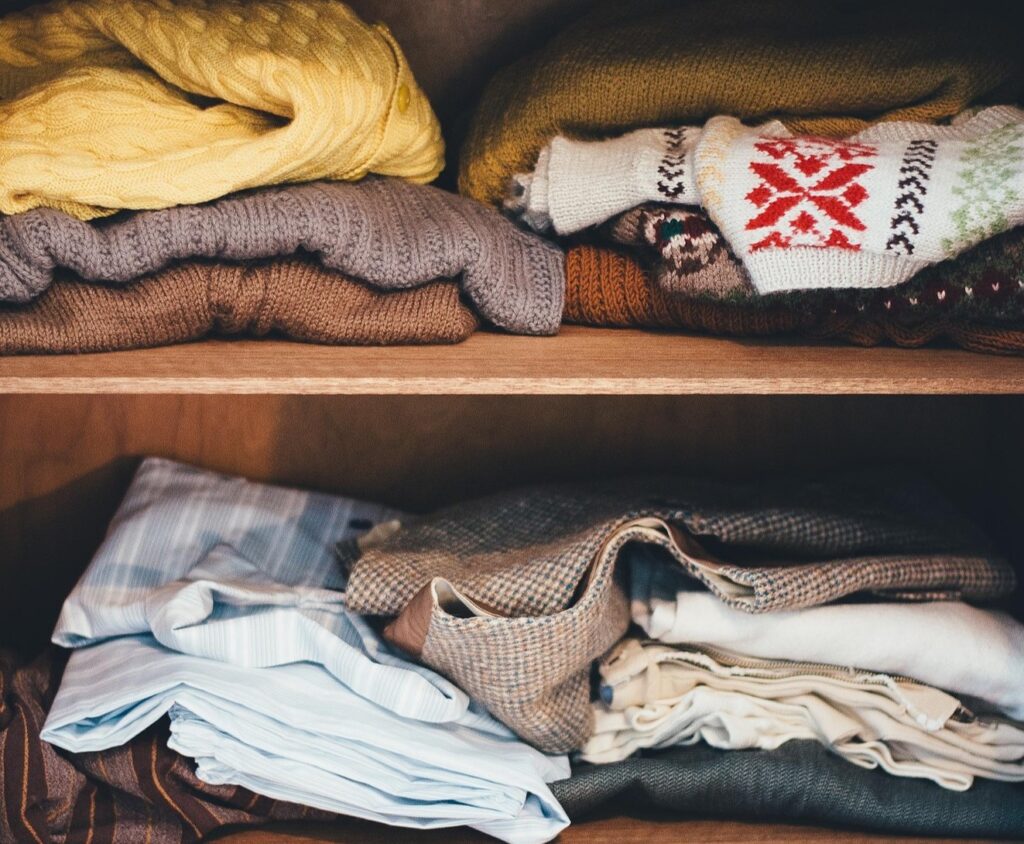
A 2022 study by ClosetMaid found that 80% of people wear only 20% of the clothes they own. Professional organizers use the one-year rule: if you haven’t worn something in 12 months, it’s likely safe to donate or recycle. Holding onto ill-fitting, outdated, or duplicate clothing contributes to overflowing closets and makes it harder to access everyday essentials. Donating unused garments can also benefit local charities and reduce textile waste.
Broken or Unused Electronics

The Global E-Waste Monitor reports that over 53 million metric tons of electronic waste were generated worldwide in 2019, with much of it coming from households. Organizers advise discarding broken or unused electronics such as old phones, chargers, and laptops. Many municipalities and retailers offer e-waste recycling programs that prevent harmful materials from entering landfills. Keeping only functional electronics makes homes safer and more organized.
Mismatched or Excess Dishware
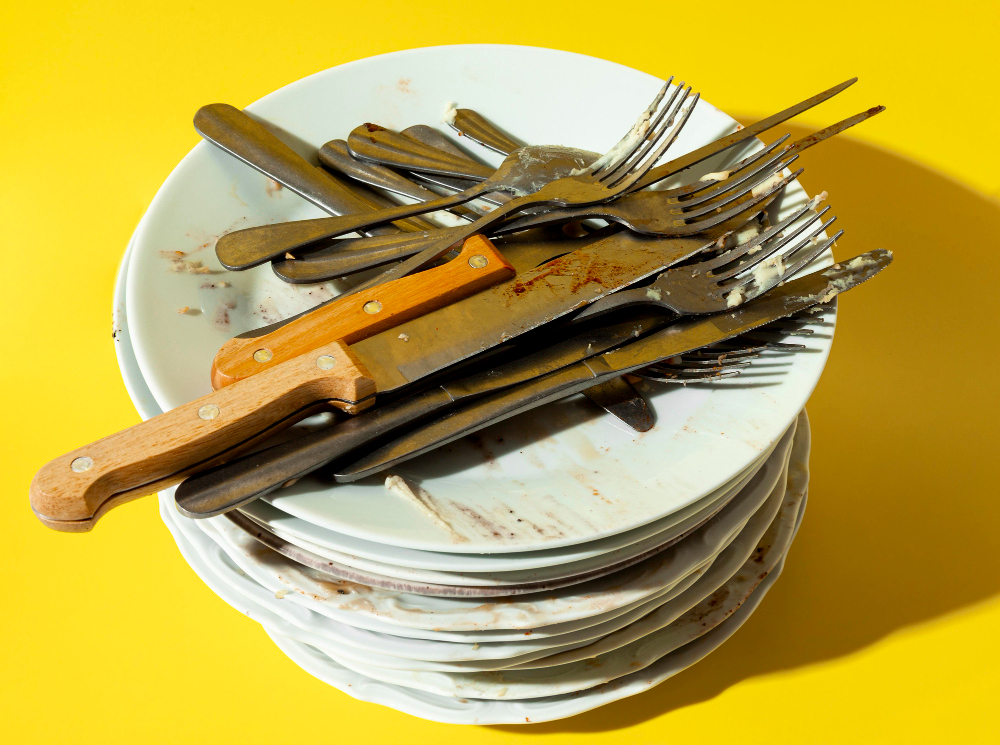
Many households accumulate mismatched mugs, chipped plates, and duplicate sets of dishware. While some extras are useful, organizers recommend keeping only what fits your lifestyle and storage space. Studies show that households typically use the same few cups and plates repeatedly, leaving others untouched. Donating excess dishware to shelters or secondhand shops not only reduces clutter but also helps those in need.
Excessive Paperwork and Documents
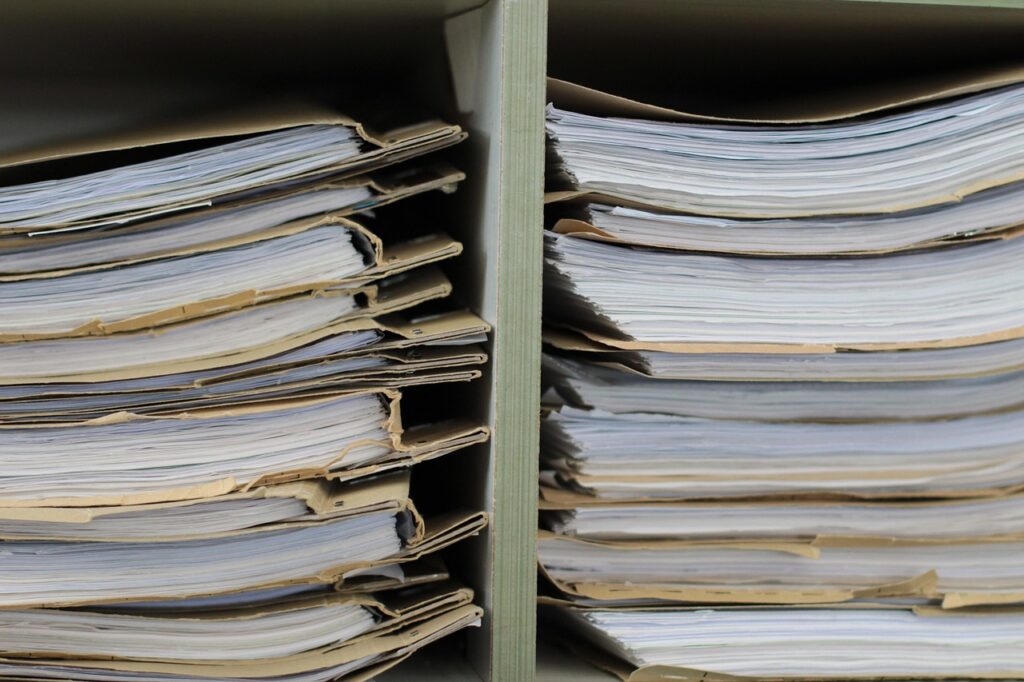
According to the American Psychological Association, paper clutter is a significant stressor in homes. Professional organizers encourage people to shred outdated financial records, old bills, and unnecessary paperwork. Essential documents like tax returns or property deeds can be digitized or stored in labeled folders. Transitioning to paperless billing and statements also minimizes future buildup. A streamlined filing system reduces stress and makes important papers easier to locate.
Excess Gift Wrap and Bags

Gift bags, wrapping paper, and ribbons tend to accumulate after holidays and birthdays. While keeping a small supply is practical, excessive storage of these items wastes valuable closet or drawer space. Organizers recommend keeping only what you are likely to use within a year and donating the rest. Some recycling centers accept wrapping paper, and reusable gift bags can be repurposed for other storage needs.
Unused and Duplicate Tools
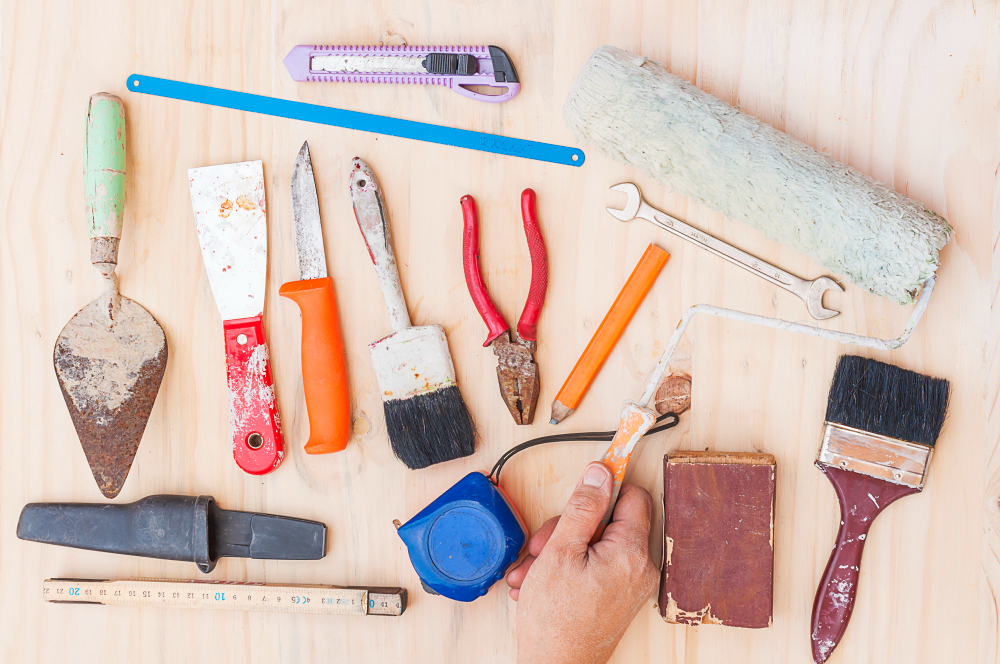
Homeowners often accumulate multiple hammers, screwdrivers, or power tools over the years. A survey by Stanley Black & Decker found that 40% of homeowners own duplicate tools they rarely use. Professional organizers recommend keeping high-quality essentials and donating or selling duplicates. This clears valuable garage or shed space, making it easier to find the right tool when needed and reducing unnecessary clutter.
Old Towels and Linens
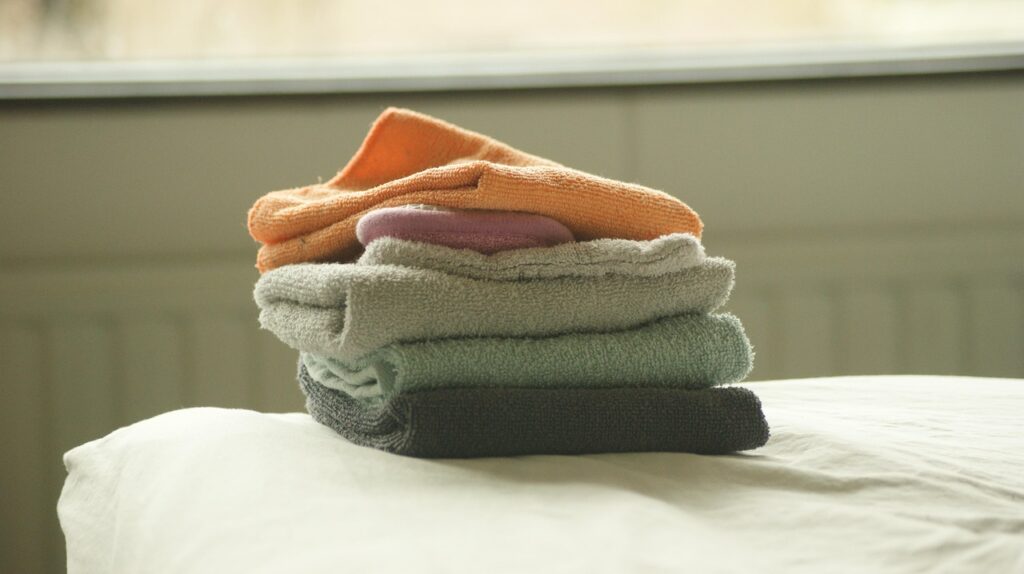
Textiles such as towels, sheets, and blankets lose absorbency and softness after repeated use. The Good Housekeeping Institute notes that bath towels generally last about two years before needing replacement. Organizers advise discarding worn, stained, or unused linens to free up storage. Many animal shelters accept old towels and blankets as donations, ensuring they are put to good use instead of sitting unused in a closet.
Comments